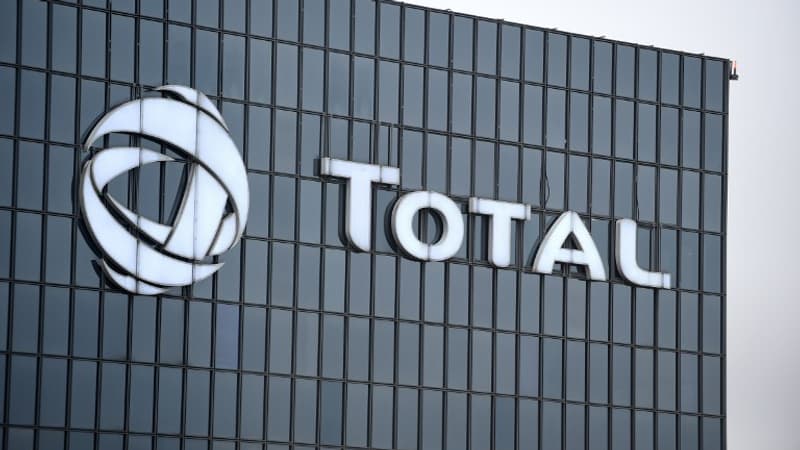At the center of a multi-day fuel supply crisis in France, Totalenergies is also looking to the other side of the world. The group wants to launch a colossal gas extraction project off the coast of South Africa.
After undertaking exploration operations in the region, the company discovered two huge gas fields, buried 1,000 meters deep, in the Brulpadda area, 175 km from the coast. According to information compiled by various environmental protection associations, these deposits represent at least one billion barrels of oil equivalent.
On September 5, the multinational applied to the South African authorities for a production license to extract these volumes of gas, reported the South African environmental organization The Green Connection and the French NGO against the destruction of the Ocean Bloom. And in the event of a green light from the South African authorities, the tricolor oil company plans to invest three billion dollars to undertake drilling operations in these two fields.
Six months earlier, the group had obtained permission from the South African government to conduct prospecting studies. At the end of July, it presented an environmental impact report to drill several exploration wells off the west coast of the territory, reports media part.
Presence in the region for several years
But Totalenergies’ interest in the region is not new. In 2014, the South African government launched Operation Phakisa to attract international investors and boost the exploitation of its deposits. A call to which Shell, Qatar Petroleum but also Totalenergies had responded. After initial explorations, the French oil company announced that it had discovered a large gas deposit in February 2019, then a second in October 2020, according to investigative media.
For the South African government, more than a lever for growth, the exploitation of gas fields represents a way out of its dependence on coal. Today, 80% of the country’s electricity production depends on coal-fired power plants, as pointed out by Pointin November 2021.
Disastrous consequences for the environment…
Since it was made public, several voices have been heard denouncing this project and its consequences. And first they will be environmental, according to the French NGO Bloom, specialized in the protection of the ocean.
But the nature of the extractions to be carried out is also highlighted. “These are very deep drillings, more than 1,000 meters below the surface, in an area of strong currents: they know that these are complicated waters with the risk of an oil spill,” Swann Bommier, from Bloom, also assured during a press conference in Paris. .
…And for the local population
For its part, Totalenergies defends and demands the growth of gas production in its energy mix. “In fact, gas emits half as much CO2 as coal,” we can read about the livelihoods of South African artisanal fishermen,” Claire Nouvian stressed in Twitter.
“We are telling our government: ‘stop promoting oil and gas exploration in our oceans,'” he added.
For its part, Totalenergies defends and demands the growth of gas production in its energy mix. “Indeed, gas emits half as much CO2 as coal”, can be read on the multinational’s website, which thus places natural gas “at the center of its strategy”.
Greenwashing accusations
A position that is worth the tanker being regularly accused of “greenwasher”.
Because although gas generates less CO2 emissions than other fossil fuels, it is still a major source of pollution. So much so that the International Energy Agency (IEA) itself declared, in 2021, in favor of the immediate cessation of all new investments in fossil fuels. At the end of 2020, the United Nations Environment Program estimated that gas production should decrease by 3% per year by 2030.
According to media partif all the gas present in the two deposits were consumed, CO2 emissions equivalent to “those that a country like France throws into the atmosphere every year” would be generated.
The two NGOs launched an international online petition against this project on Monday. The South African authorities will decide on obtaining this license after a public consultation scheduled until January 20.
Source: BFM TV


